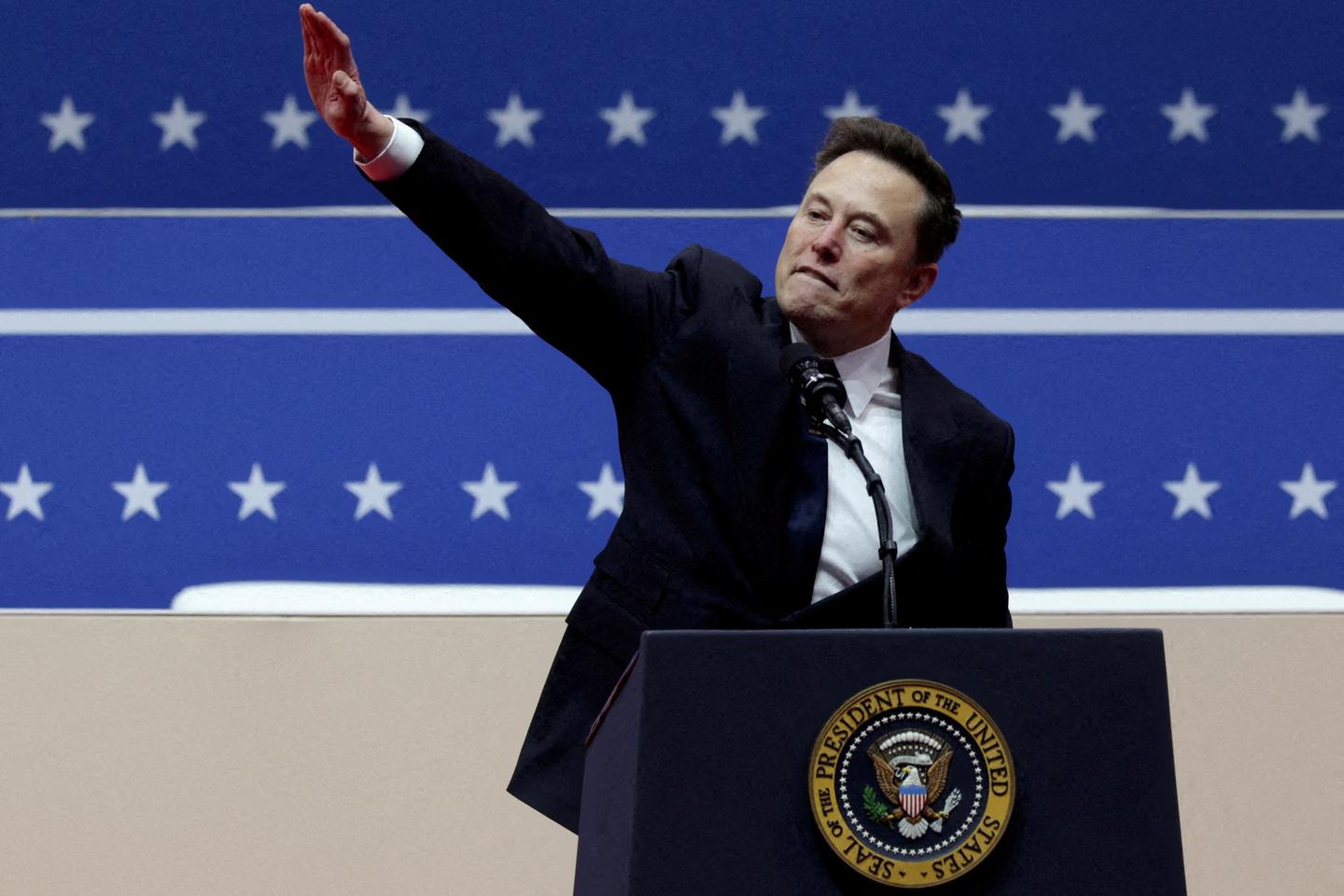


The widespread deployment of artificial intelligence (AI) has become a political priority. Extending the rhetoric that has accompanied computerization for more than half a century, promises abound to confer revolutionary virtues on AI and impose the idea that, provided certain risks are taken into account, it is a necessary vector of progress. Society as a whole is being called upon to adapt to this new industrial and technocratic watchword.
Everywhere in public services, AI is being driven to proliferate at the cost of increased technological dependence. Everywhere in companies, managers are calling for AI to "optimize" work. Everywhere at home, in the name of convenience and a nonsensical race for productivity, we're being pushed to adopt it.
Yet, without prejudging specific applications and the possibility that they might actually serve the general interest, how can we ignore the fact that these innovations have been made possible by a formidable accumulation of data, capital and resources under the aegis of tech multinationals and the military-industrial complex? That, to be successful, they require an increase in the power of graphics chips and data centers, with an intensification of raw materials extraction, and the use of water and energy resources?
Disastrous consequences
How can we fail to see that, as an industrial paradigm, AI is already having disastrous consequences? That in practice, it translates to the intensified exploitation of workers who participate in the development and maintenance of its infrastructure, particularly in the Global South where it prolongs neocolonial dynamics? That it is most often imposed without any real consideration of its harmful impact on human rights and the exacerbation of discrimination based on characteristics such as gender, class and race?
That, from agriculture to the arts and many other professional sectors, it amplifies the process of deskilling and dispossession with regard to the tools of the trade, while reinforcing managerial control? That in public policy, it acts in symbiosis with austerity policies that undermine socio-economic justice? That the increasing delegation of crucial social functions to AI systems, for example in healthcare or education, risks having major anthropological, health and social consequences on which we don't have the benefit of hindsight today?
You have 49.53% of this article left to read. The rest is for subscribers only.
